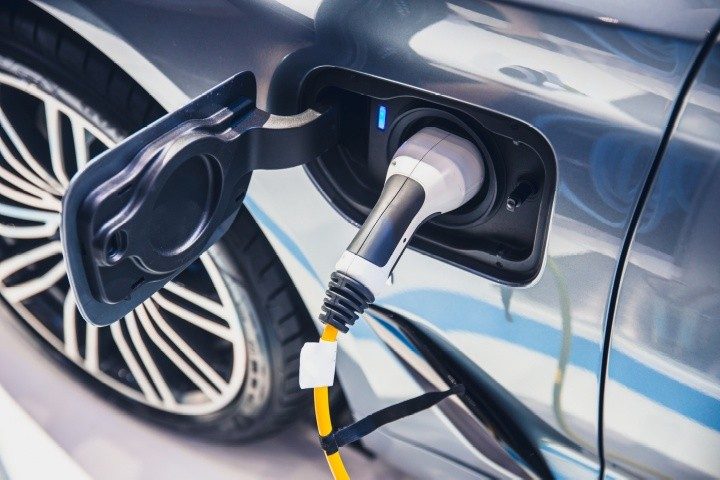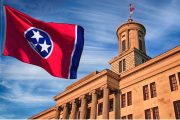
The Maine Board of Environmental Protection (BEP) denied an attempt to have the state follow California’s lead into an uncertain electric vehicle future. The unelected board voted 4-2 not to adopt the so-called Advanced Clean Cars program, which would have mandated that 51 percent of new car purchases in the state by 2028 be electric vehicles. The program would ramp up to 82 percent EVs by 2032.
The BEP claimed that the program was a question for the legislature rather than an unelected bureaucratic board to consider. The denial of the new regulation was considered a surprise by most.
“I’m not sure that we are, given the magnitude of this decision, the right decision-makers,” said BEP Chair Susan Lessard. “Sometimes, just doing something isn’t the answer if there are too many questions associated with that. And I have too many questions.”
There is legislation in Maine that would put the question (LD 2261) in legislative hands. But for now, car dealers in Maine remain free to sell whatever new vehicles they wish.
Public outcry might also have been key to the rejection of the controversial proposal.
“The Maine Board of Environmental Protection received nearly 1,800 comments from the people of Maine and nearly 84 percent were not in favor of this EV mandate,” Maine Senate Republican Leader Trey Stewart told Fox News Digital. “Maine is far too rural with far too few charging stations, and many Mainers are also concerned about the reliability of these vehicles in our extreme cold-weather months.”
Stewart’s concerns were echoed by Representative Jared Golden, a Democrat, in Washington.
“Affordable transportation is a requirement, not a luxury, in rural Maine,” Golden stated in a post on X. “Regulations must recognize reality: California-style emissions standards would impose logistic and financial hurdles that Maine isn’t ready to clear. The state BEP made the right decision to reject them.”
The Maine GOP was pleased that the council denied the regulation, but a little concerned that the vote was as close as it was.
“House Republicans are relieved, but the fact that it came this close to happening because of 150 extremists should be a wakeup call for Maine citizens. Maine is on the verge of being overrun by disastrous policies that have failed elsewhere. Higher prices, less freedom, and one-party rule is our future unless citizens take our government back from the special interests that are lowering our quality of life.”
Climate zealots decried the decision as a “missed opportunity” and claimed that the BEP caved to “partisan scare tactics” and “fossil fuel interests.”
“Maine regulators had a chance to cut climate-damaging emissions, clean up the air we breathe, save Mainers billions in fuel costs — all while improving our health and the health of the planet,” said Emily K. Green, an attorney for the Conservation Law Foundation. “This is a missed opportunity and will severely hurt Maine’s families and businesses. Thirteen states, including our neighbors Vermont and Massachusetts, have adopted clean car standards. It is a shame that disinformation and partisan scare tactics seem to have won today.”
Climate alarmists at the Sierra Club agreed.
“Today, the Board has willingly fallen prey to the fossil fuel industry’s misinformation campaign peddled by Republican leaders,” said Matt Cannon of Sierra Club Maine. “The gas and oil industry would like Maine to continue burning fossil fuels and delay adopting common-sense solutions, like ACCII, that address the climate crisis and protect consumer costs. Because of the BEP decision, Mainers will be unable to access zero-emission vehicles as easily. We will not meet our state-mandated emission reduction targets. It’s a disappointing day for Maine.”
But in truth, the regulation would do little for Maine residents except inconvenience them.
Mother Nature might have had something to do with the surprise decision as well. The vote for the new regulations was originally scheduled for December but had to be postponed due to a winter storm that cut electricity to large swaths of the state. An October straw poll of BEP members showed that they were inclined to support the new rule.




